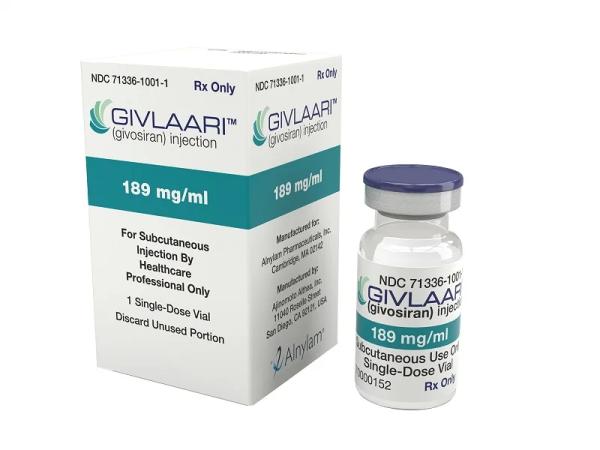Givosiran Disease Interactions
There is 1 disease interaction with givosiran.
Givosiran (applies to givosiran) hepatic/renal
Moderate Potential Hazard, Moderate plausibility. Applicable conditions: Renal Dysfunction, Liver Disease
The effect of end-stage renal disease (eGFR <15 mL/min/1.73m2), and moderate to severe hepatic impairment on givosiran pharmacokinetics is unknown. Additionally, hepatic and renal toxicity was observed in up to 15% of patients treated with givosiran in clinical trials. Caution and regular monitoring is advised when using givosiran in patients with hepatic or renal impairment.
Switch to professional interaction data
Givosiran drug interactions
There are 242 drug interactions with givosiran.
Givosiran alcohol/food interactions
There is 1 alcohol/food interaction with givosiran.
More about givosiran
- givosiran consumer information
- Check interactions
- Compare alternatives
- Side effects
- Dosage information
- During pregnancy
- Drug class: miscellaneous metabolic agents
- En español
Related treatment guides
Drug Interaction Classification
| Highly clinically significant. Avoid combinations; the risk of the interaction outweighs the benefit. | |
| Moderately clinically significant. Usually avoid combinations; use it only under special circumstances. | |
| Minimally clinically significant. Minimize risk; assess risk and consider an alternative drug, take steps to circumvent the interaction risk and/or institute a monitoring plan. | |
| No interaction information available. |
See also:
Further information
Always consult your healthcare provider to ensure the information displayed on this page applies to your personal circumstances.


